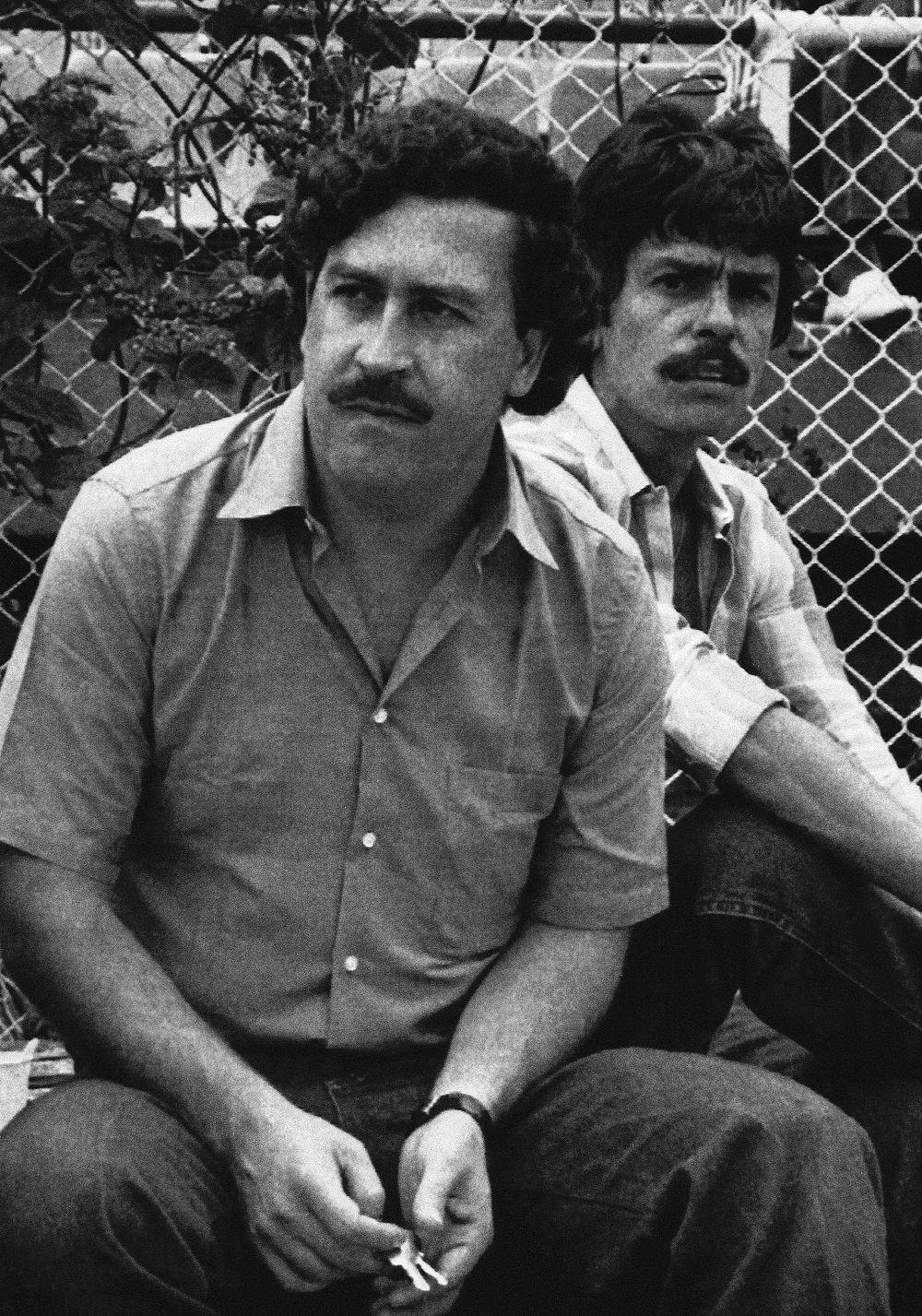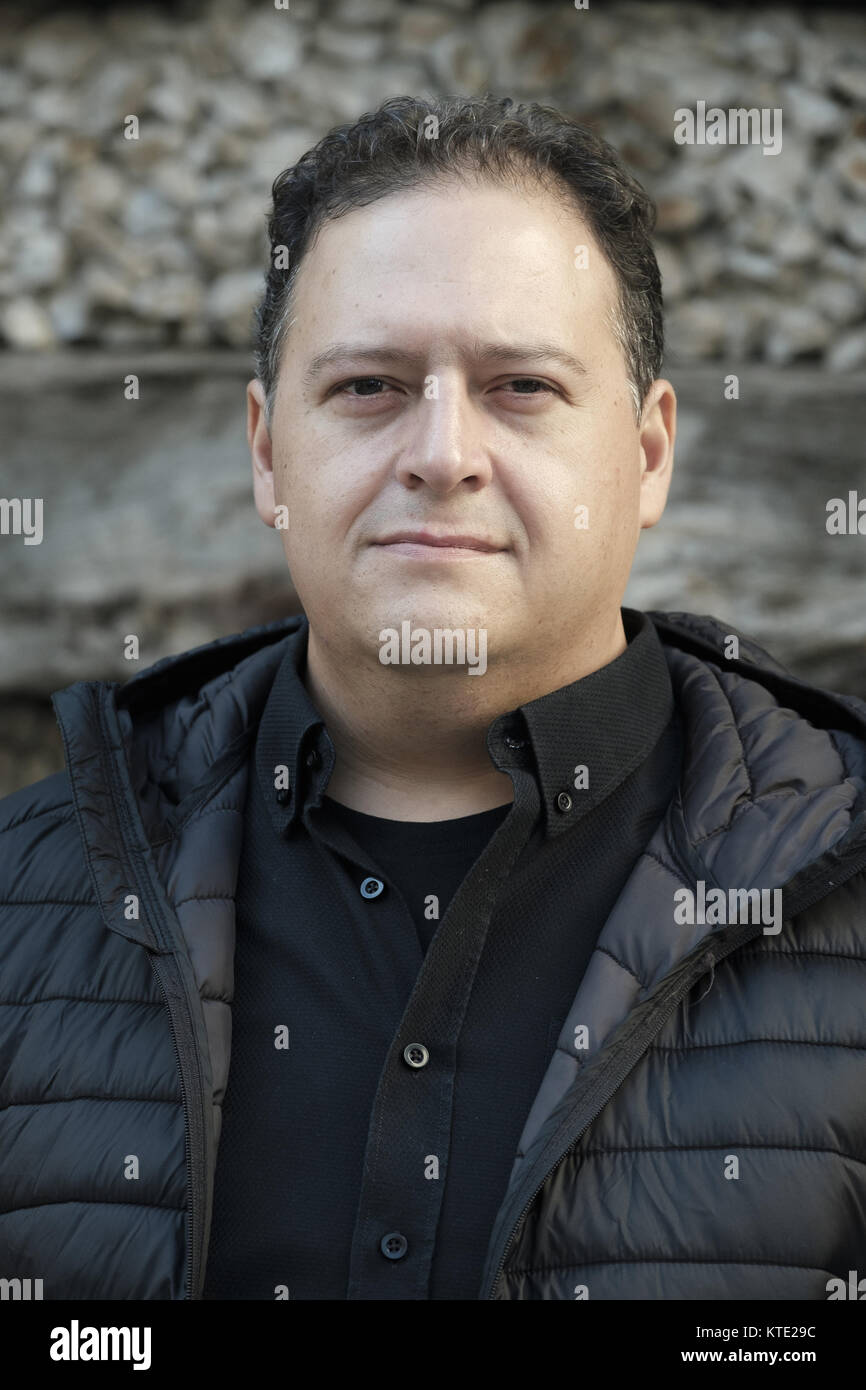Could a life defined by unimaginable wealth, power, and terror be transformed into one of reflection, reconciliation, and ultimately, redemption? The story of Juan Pablo Escobar, the son of the infamous Pablo Escobar, offers a compelling answer – a testament to the enduring power of the human spirit to overcome even the most daunting of legacies.
Born into a world of excess and violence, Juan Pablo Escobar's childhood was unlike any other. Surrounded by opulence and the constant threat of danger, he witnessed firsthand the rise and fall of his father, the notorious drug lord who controlled the Medellín Cartel. His early life was a paradox, a gilded cage where privilege and paranoia coexisted. But the death of Pablo Escobar in 1993 marked a turning point. The young Juan Pablo, along with his mother and sister, were forced to flee Colombia, leaving behind a life of unimaginable wealth and entering a world of uncertainty and fear. This article examines the extraordinary journey of Juan Pablo Escobar, from his childhood in Medellín to his current life, exploring the complexities of his identity and his path towards a different future.
Juan Pablo Escobar Henao, now known as Sebastián Marroquín, was born on February 24, 1977. His life took an unexpected turn after the death of his father, the notorious drug lord Pablo Escobar. The family was forced into hiding and eventually fled Colombia. He adopted the name Sebastián Marroquín from a phone book to conceal his identity. This was a crucial step in their survival, allowing them to attempt to leave their past behind and rebuild their lives in a new environment. However, the legacy of his father continued to haunt him.
Here is a table providing a comprehensive overview of Juan Pablo Escobar's life and career:
| Category | Details |
|---|---|
| Full Name | Juan Pablo Escobar Henao (also known as Sebastián Marroquín) |
| Born | February 24, 1977 |
| Place of Birth | Medellín, Colombia |
| Parents | Pablo Escobar (Father), Maria Victoria Henao (Mother) |
| Siblings | Manuela Escobar |
| Education | Architect |
| Career Highlights | Author, Public Speaker, Advocate for Peace and Reconciliation |
| Notable Works | Sins of My Father (Documentary), Pablo Escobar: My Father (Book) |
| Current Role | Focuses on promoting peace, reconciliation, and dialogue, speaking about the impact of violence and crime. |
| Key Themes in Work | Legacy of his father, drug cartels, violence, forgiveness, redemption, and the need for societal change |
| Public Persona | Seeks to distance himself from his father's criminal activities while acknowledging the impact of his family's past. |
| Significant Actions | Meeting with the children of his father's victims, apologizing for the harm caused. |
| Awards and Recognition | Golden Book Awards |
| Family Life | Married to , has children. |
| Current Residence | Argentina |
Reference: Sebastián Marroquín - Wikipedia
Juan Pablo's life was once intertwined with unimaginable wealth, but also constant danger. His father's influence dominated his early years. In his own words, Juan Pablo reflected on his childhood, saying, In his last days, I was starving with my father next to 4 million dollars in cash. That's the sad reality behind. This statement encapsulates the paradoxical nature of his upbringing. Lavished in wealth but always shadowed by the threat of violence. The young Juan Pablo witnessed the inner workings of the Medellín Cartel, a world of immense power and brutality. After his father’s death, Juan Pablo, along with his mother and sister, embarked on a dangerous journey, escaping the world they once knew.
The initial reaction of the young Juan Pablo to his father's death was one of anger and a desire for revenge, he was only 16 years old at the time, however, that initial response eventually gave way to a desire to create a life different from his father's. The decision to choose a different path was a turning point in his life. It was a conscious effort to break away from the cycle of violence and retribution that had defined his family. He publicly vowed revenge against those responsible for his father's death, he eventually chose a different path, a path of reflection and reconciliation.
One of the most significant aspects of Juan Pablo's transformation is his willingness to confront the past and seek forgiveness. He has publicly apologized for the harm caused by his father's actions, demonstrating a commitment to healing and moving forward. This included meeting with the children of his father’s victims, an act of extraordinary courage and empathy. His work as an author and public speaker reflects this commitment. He is now dedicated to sharing his story to warn against the dangers of crime and promoting peace. His documentary Sins of My Father offers a powerful look at the cycle of violence. The film explores the devastating impact of the cartel on individuals and society. His book, Pablo Escobar: My Father, further delves into his relationship with his father and offers a unique perspective on the life of the infamous drug lord.
His transformation into an advocate for peace, his openness in confronting his family's legacy and his commitment to a different path makes his life story a compelling narrative. He now works as a public speaker. He promotes dialogue, peace and reconciliation. His journey, from a life of privilege and peril to one of reflection and redemption, is a testament to the possibility of change. His story is not just about the past, but also about the future. It is a story of resilience, forgiveness and hope.



